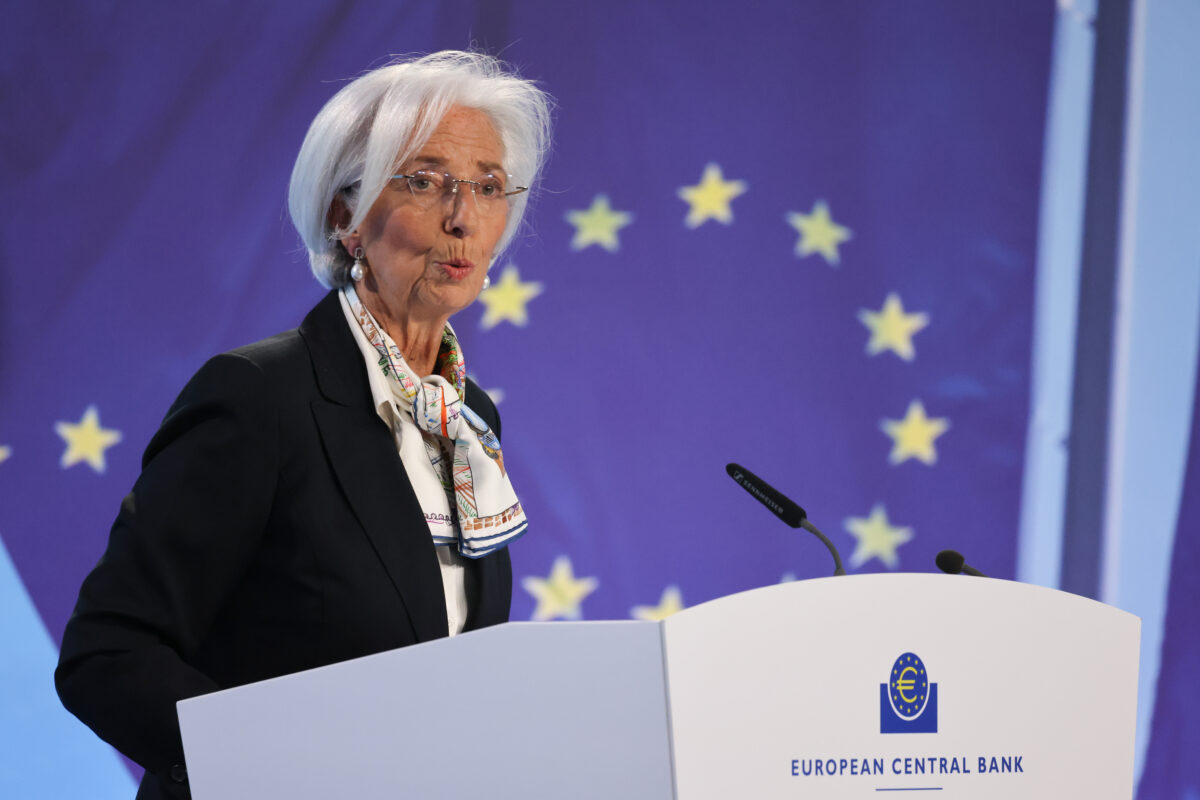Von Claudio Kummerfeld
Anleihe-Guru Bill Gross verkündet heute in seinem monatlichen Investmentausblick für Anleihen, dass sich Anleger auf einen Panikverkauf und umfassende Probleme beim Schattenbankensystem einstellen sollten. Er schreibt von der „Illusion der Liquidität“ und dass im Notfall nicht alle Anleger durch den selben kleinen Ausgang rauskommen können. Zu möglichen Ursachen für eine Anleihe-Panik zählt er neben dem Grexit auch die umfassenden Probleme in China. Hierzu der wichtigste Teil seines Ausblicks im Original:
Aside from the obvious drop in trading volumes shown above, the obvious risk – perhaps better labeled the “liquidity illusion” – is that all investors cannot fit through a narrow exit at the same time. But shadow banking structures – unlike cash securities – require counterparty relationships that require more and more margin if prices should decline. That is why PIMCO’s safe haven claim of their use of derivatives is so counterintuitive. While private equity and hedge funds have built-in “gates” to prevent an overnight exit, mutual funds and ETFs do not. That an ETF can satisfy redemption with underlying bonds or shares, only raises the nightmare possibility of a disillusioned and uninformed public throwing in the towel once again after they receive thousands of individual odd lot pieces under such circumstances. But even in milder “left tail scenarios” it is price that makes the difference to mutual fund and ETF holders alike, and when liquidity is scarce, prices usually go down not up, given a Minsky moment. Long used to the inevitability of capital gains, investors and markets have not been tested during a stretch of time when prices go down and policymakers’ hands are tied to perform their historical function of buyer of last resort. It’s then that liquidity will be tested.
And what might precipitate such a “run on the shadow banks”?
1) A central bank mistake leading to lower bond prices and a stronger dollar.
2) Greece, and if so, the inevitable aftermath of default/restructuring leading to additional concerns for Eurozone peripherals.
3) China – “a riddle wrapped in a mystery, inside an enigma”. It is the “mystery meat” of economic sandwiches – you never know what’s in there. Credit has expanded more rapidly in recent years than any major economy in history, a sure warning sign.
4) Emerging market crisis – dollar denominated debt/overinvestment/commodity orientation – take your pick of potential culprits.
5) Geopolitical risks – too numerous to mention and too sensitive to print.
6) A butterfly’s wing – chaos theory suggests that a small change in “non-linear systems” could result in large changes elsewhere. Call this kooky, but in a levered financial system, small changes can upset the status quo. Keep that butterfly net handy.
Should that moment occur, a cold rather than a hot shower may be an investor’s reward and the view will be something less that “gorgeous”. So what to do? Hold an appropriate amount of cash so that panic selling for you is off the table. A wise investor from nearly a century ago – Bernard Baruch – counseled to “sell to the sleeping point”. Mimic Mr. Baruch and have a good night.
–
Kommentare lesen und schreiben, hier klicken












